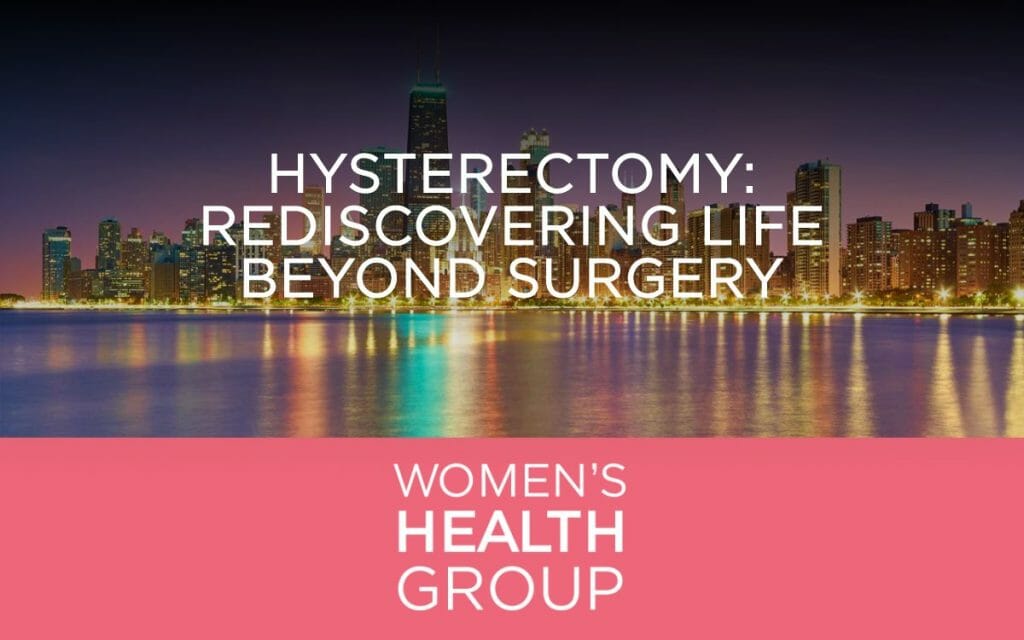Understanding Hysterectomy
In examining the subject of hysterectomy, it is essential to understand what the procedure entails. Hysterectomy is a common surgical operation involving the removal of a woman’s uterus or womb, carried out by obstetric gynecologists. It is often a necessary step towards addressing severe health issues such as uterine fibroids, uterine prolapse, endometriosis, chronic pelvic pain, or cancer of the uterus, cervix, or ovaries.
Following a hysterectomy, a woman no longer has menstrual periods and cannot conceive. This transformation brings in radical physical and emotional changes, impacting the overall quality of life. The surgery affects each woman differently, and the extent of the impact largely depends on the reason for the surgery and her overall health before surgery.
Life After Hysterectomy
What should one expect concerning life after a hysterectomy? For each woman, the experience can be unique. However, for many women, relief from the burden of painful symptoms leads to a significant improvement in quality of life attainable post-surgery.
One of the typical outcomes is relief from pain and heavy bleeding in women that had undergone surgery due to endometriosis or uterine fibroids. A successful hysterectomy can lead to a dramatic enhancement in overall well-being. Other feasible outcomes include:
– An end to fertility: This demarcation point of life often requires emotional adjustment, particularly for women of childbearing age.
– Changes in hormone levels: Depending upon whether the ovaries were also removed, a woman might experience menopause-like symptoms, including hot flashes and mood swings. If the ovaries stay intact, menopause will not occur until the natural biological time.
– Possible effects on sexual function: While this depends on the individual, most women reported either an improvement or no change in sexual function following a hysterectomy.
For an in-depth look at life after hysterectomy, visit this Mayo Clinic resource.
Getting Back to Normal: Recovery After Hysterectomy
Recovery from a hysterectomy can take time. Vaginal hysterectomies usually require a hospital stay of one to three days, while abdominal hysterectomies may require three to five days. After discharge, patients are advised to avoid lifting heavy objects and intense activities for at least six weeks.
During recovery, women generally encounter fatigue and pain in the abdominal region. Balanced nutrition, plenty of fluids and rest, and a gradual return to normal activity can help the recovery process. It is essential for women to communicate openly about physical discomfort as well their emotional state with their healthcare provider during this healing period.
Emotional Aspects of Hysterectomy
Besides physical changes, it is useful to understand the emotional aspects of life after a hysterectomy. Many women feel relieved due to an end in discomfort or the removal of cancer threat, but feelings of loss and sadness are also common. The role of emotional healing mustn’t be underestimated in the overall healing process.
A woman might experience myriad emotions ranging from relief to depression. There could be a sense of loss related to femininity and fertility or fear about decreased sexual functionality. While these feelings are normal, if intense sadness or anxiety persists, seeking consultation from a mental health professional is advisable.
Redefining Sexuality Post-Hysterectomy
Women often have concerns about the impact of hysterectomy on their sexual health. According to various studies, most women report either no change or an improvement in sexual satisfaction after a hysterectomy. The cessation of symptoms such as pelvic pain and heavy bleeding can lead to an increase in sexual desire and activity.
Support from partners, open communication about fears and expectations, and a positive self-image can help redefine sexuality post this life-changing procedure. Comprehensive information about issues related to sexuality post-hysterectomy can be found at the Women’s Health website.
Regular Check-ups Post Hysterectomy
Regular health checks and follow-ups post a hysterectomy are essential. Even though the necessity of regular Pap smears may change, it is vital to have an annual gynecological examination that can help in early identification of health issues and maintain the care of residual reproductive or other organs.
Conclusion
Hysterectomy can bring a significant improvement in a woman’s quality of life, reducing pain, stress, and the risk of serious health problems. However, adjusting to life after a hysterectomy is a journey that requires emotional resilience, time, and good healthcare.
Post hysterectomy, each woman must find her path to recovery, adjusting to physical and emotional changes. Our role as obstetrician-gynecologists based out of Chicago, Illinois is to provide you with meticulous care, enabling you to rediscover life beyond hysterectomy, defying the myth of it being an end, and empowering you to view it as a new beginning.




